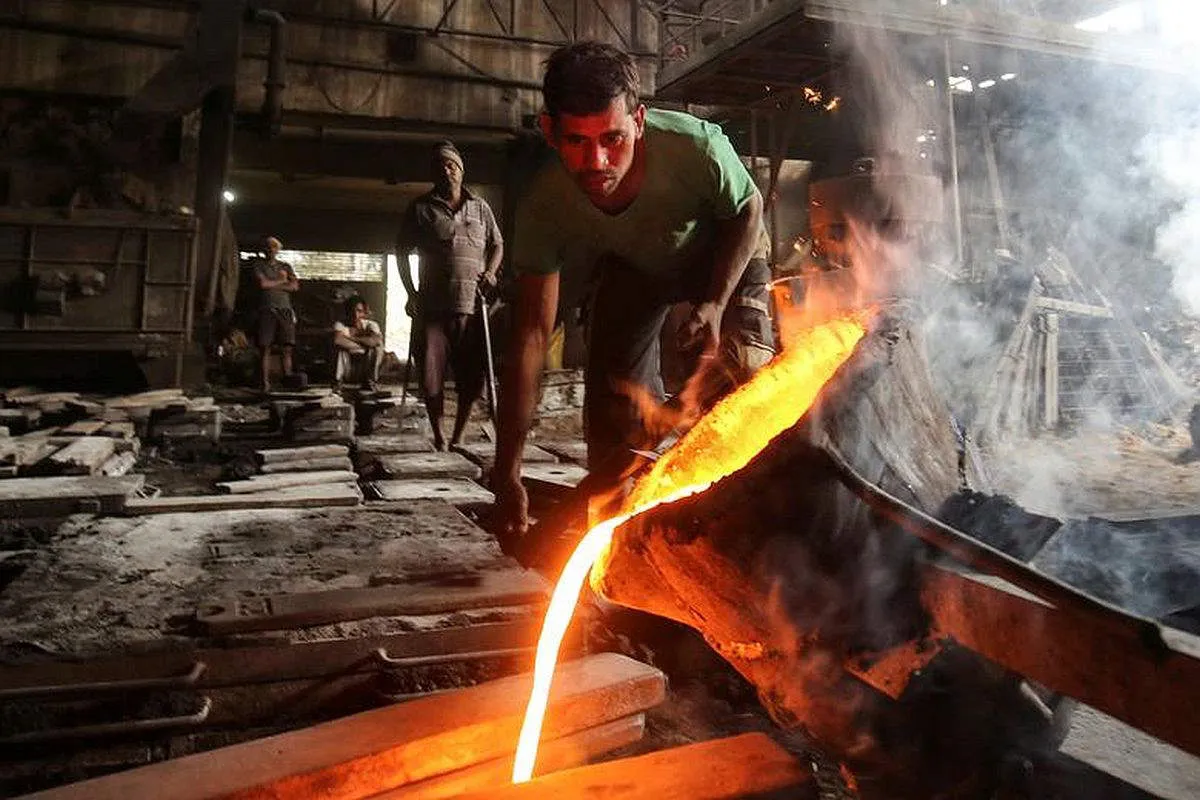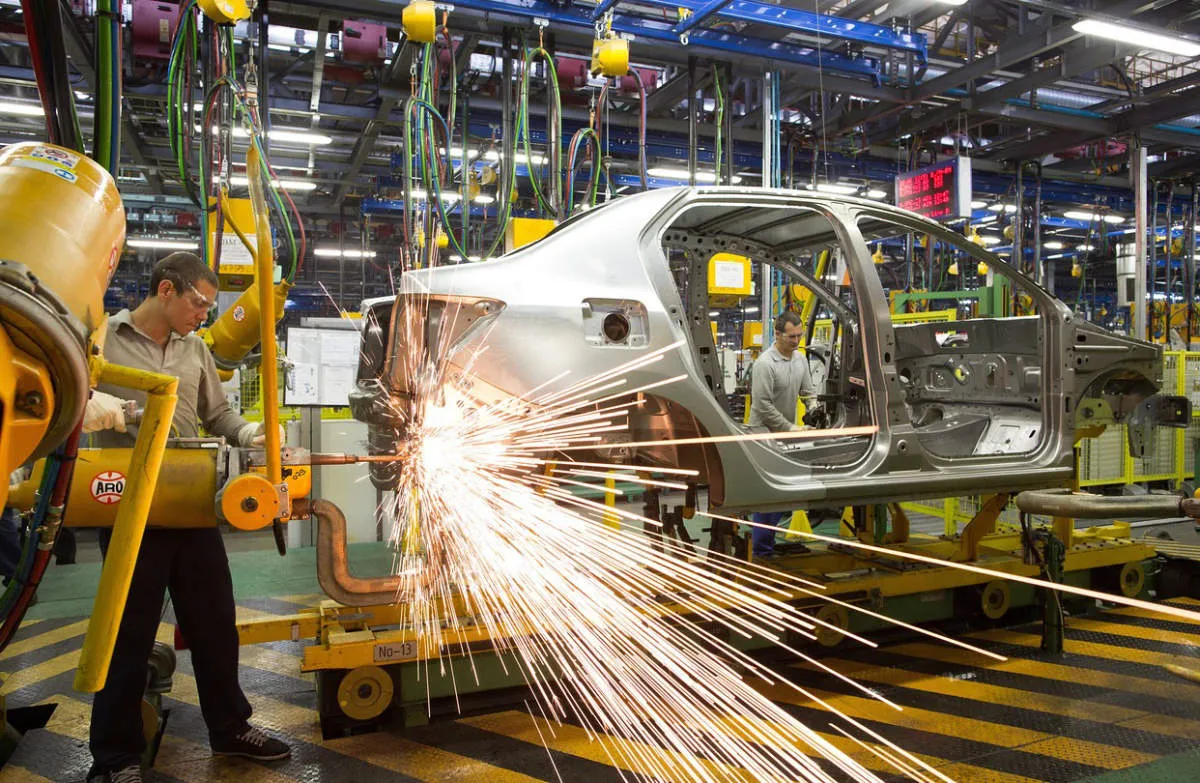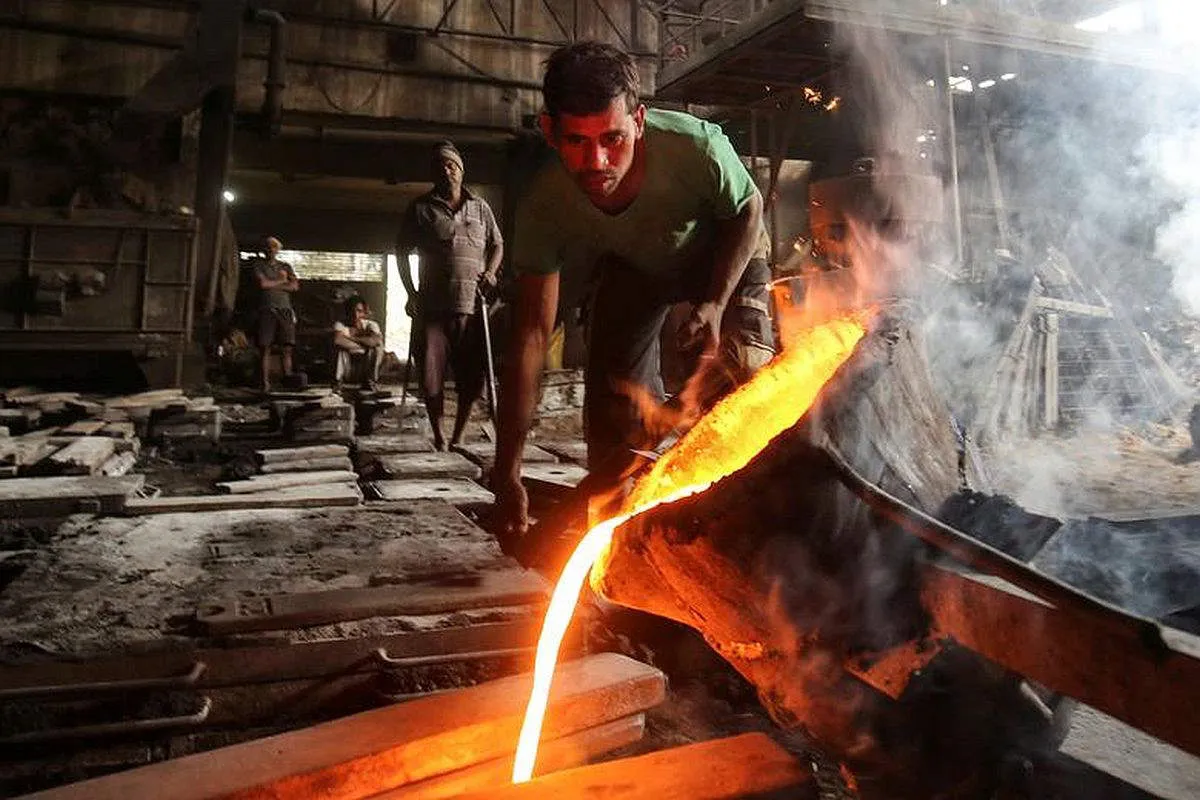
Discover the key strategies and insights for achieving success in Sri Lanka’s thriving manufacturing sector, from navigating regulatory challenges to leveraging technological advancements.
Overview of the Manufacturing Industry
The manufacturing industry in Sri Lanka plays a significant role in the country’s economy, contributing to job creation, export revenue, and economic growth. With a focus on increasing industrialization, the manufacturing sector in Sri Lanka encompasses a diverse range of sub-sectors including apparel, textiles, food and beverages, rubber products, and pharmaceuticals.
Manufacturing companies in Sri Lanka vary in scale, from small and medium enterprises to large industrial firms, each specializing in different product categories. These companies leverage the country’s skilled workforce, strategic location, and government incentives to enhance their production capabilities and competitiveness in the global market.
Technological advancements have also reshaped the manufacturing industry in Sri Lanka, with many companies adopting automation, digitalization, and smart technologies to improve efficiency, reduce costs, and meet evolving consumer demands. This emphasis on innovation and sustainability has positioned Sri Lanka’s manufacturing sector as a dynamic and forward-thinking industry.
Moreover, the government of Sri Lanka has been implementing policies and initiatives to support the growth of the manufacturing industry, including investment incentives, infrastructure development, and trade agreements. These efforts aim to attract foreign investment, stimulate domestic production, and elevate Sri Lanka’s status as a regional manufacturing hub.
In essence, the manufacturing industry in Sri Lanka presents ample opportunities for businesses to thrive and contribute to the country’s economic development. By aligning with global trends, fostering innovation, and capitalizing on its strengths, Sri Lanka’s manufacturing sector is poised for continued success and growth in the future.
In-demand Manufacturing Jobs

As Sri Lanka’s manufacturing sector continues to expand and evolve, certain job roles are becoming increasingly sought after by both local and international industries. These in-demand manufacturing jobs provide unique opportunities for individuals looking to excel in a dynamic and growing field.
1. Industrial Engineers: Industrial engineers play a crucial role in optimizing production processes, improving efficiency, and reducing costs within manufacturing facilities. Their expertise in streamlining operations and enhancing productivity makes them essential assets to companies in Sri Lanka’s manufacturing sector.
2. Quality Assurance Specialists: Quality assurance specialists ensure that products meet industry standards and regulatory requirements. With a focus on maintaining quality control measures and implementing corrective actions, these professionals are in high demand to uphold the reputation of manufacturing companies.
3. Supply Chain Managers: Effective supply chain management is vital for the smooth operation of manufacturing activities. Supply chain managers oversee the movement of materials, logistics, and inventory, making them integral to the success of manufacturing processes in Sri Lanka.
4. Electrical Engineers: In the era of automation and technological advancements, electrical engineers play a critical role in designing, implementing, and maintaining electrical systems within manufacturing facilities. Their expertise in electrical components and systems integration is essential for sustainable growth in the manufacturing sector.
5. Production Planners: Production planners are responsible for coordinating and scheduling manufacturing activities to meet production targets efficiently. Their ability to optimize resource utilization and workflow management is highly valued in the fast-paced environment of Sri Lanka’s manufacturing sector.
Qualifications for Manufacturing Careers
In order to succeed in manufacturing careers in Sri Lanka, individuals need to possess a combination of education, skills, and experience. Here are some key qualifications necessary to excel in this sector:
- Educational Background: A strong educational foundation is essential for manufacturing careers. A degree in engineering, industrial technology, or related fields can provide the necessary knowledge and expertise in manufacturing processes.
- Technical Skills: Proficiency in technical skills such as machinery operation, quality control, and manufacturing systems is crucial for success in the industry. Continuous learning and upskilling in new technologies are also important.
- Problem-Solving Abilities: The ability to troubleshoot issues, analyze data, and propose solutions is highly valued in manufacturing careers. Critical thinking and problem-solving skills are key for addressing challenges on the production floor.
- Teamwork and Communication: Collaboration is at the heart of manufacturing operations. Effective communication, teamwork, and interpersonal skills are essential for working with colleagues, supervisors, and clients to ensure smooth production processes.
- Attention to Detail: Precision and accuracy are critical in manufacturing. Having a keen attention to detail and quality control can contribute to the success of products and overall operational efficiency.
- Adaptability and Resilience: The manufacturing sector is dynamic and ever-evolving. Individuals need to demonstrate flexibility, adaptability to change, and resilience in challenging situations to thrive in this fast-paced environment.
Job Search Strategies in Manufacturing

For individuals looking to embark on a successful career in Sri Lanka’s thriving manufacturing sector, implementing effective job search strategies is crucial. Here are some key approaches to enhance your job search in the manufacturing industry:
1. Industry Research
Begin by conducting thorough research on the manufacturing sector in Sri Lanka. Understand the key players, prevalent trends, and the skills in demand. This knowledge will help you tailor your job search and applications to align with industry needs.
2. Networking
Utilize networking events, industry seminars, and online platforms to connect with professionals in the manufacturing field. Networking can often lead to valuable job opportunities that may not be advertised through traditional channels.
3. Skill Development
Continuous skill development is essential in a competitive industry like manufacturing. Stay updated with the latest technologies and developments, and consider acquiring certifications or additional qualifications that are sought after by manufacturing employers.
4. Tailored Resumes and Cover Letters
Customize your resumes and cover letters to highlight your relevant skills and experiences in the manufacturing sector. Tailoring your application documents will demonstrate your suitability for specific manufacturing roles and make you stand out to potential employers.
5. Utilize Online Job Platforms
Make full use of online job portals and platforms that cater specifically to manufacturing job postings. Regularly browse these websites, set up job alerts, and actively apply to positions that match your qualifications and career goals.
6. Professional Development Workshops
Attend workshops or training programs focused on enhancing your professional skills within the manufacturing industry. These opportunities not only add value to your resume but also expand your knowledge and network within the sector.
By implementing these job search strategies tailored to the manufacturing industry in Sri Lanka, you can increase your chances of securing a rewarding and successful career in this dynamic sector.
Interviewing for Manufacturing Positions
Interviewing for manufacturing positions in Sri Lanka’s booming sector requires a strategic approach and preparation. To stand out as a strong candidate, it is vital to showcase both technical skills and soft skills during the interview process.
Technical Skills: Be ready to discuss your experience with machinery, tools, and processes related to manufacturing. Highlight any certifications or specific training you have that are relevant to the position.
Soft Skills: Communication, problem-solving, teamwork, and adaptability are crucial in the manufacturing industry. Be prepared to give examples of how you have demonstrated these skills in previous roles.
Research the company beforehand to show your interest and understanding of their operations. Ask insightful questions about the company’s production processes and how the role you are applying for fits into their overall strategy.
Prepare to discuss your ability to meet targets, work efficiently, and contribute to a safe working environment. Providing examples of your accomplishments and how you have improved processes in previous roles can help demonstrate your value as a potential employee.
Remember to dress professionally, arrive on time, and maintain a positive attitude throughout the interview. Showing enthusiasm for the role and the company can leave a lasting impression on the interviewer.
Cultural Aspects of Working in Sri Lanka

When it comes to working in Sri Lanka’s manufacturing sector, understanding the cultural aspects is crucial for achieving success in this diverse and vibrant workplace environment.
Respect for Hierarchy: In Sri Lanka, hierarchical structures play a significant role in the workplace. It is essential to show respect for authority figures and senior colleagues. This culture of hierarchy influences decision-making processes and daily interactions within the manufacturing sector.
Collectivism and Teamwork: Sri Lankans value collectivism and teamwork. Collaborative efforts are highly encouraged, and building strong relationships with colleagues is integral to success. Working effectively within a team dynamic is key to thriving in the manufacturing industry.
Communication Style: Clear and respectful communication is fundamental in Sri Lankan workplaces. It is important to be mindful of tone and language use to avoid misunderstandings. Additionally, nonverbal communication, such as gestures and body language, also plays a significant role in conveying messages.
Work-Life Balance: Sri Lankans prioritize work-life balance, emphasizing the importance of personal time and family commitments. Employers who respect this cultural value are likely to have more satisfied and motivated employees in the manufacturing sector.
Conclusion
In conclusion, the manufacturing sector in Sri Lanka offers promising opportunities for growth and success, attracting both local and foreign investors with its strategic location and skilled workforce.














